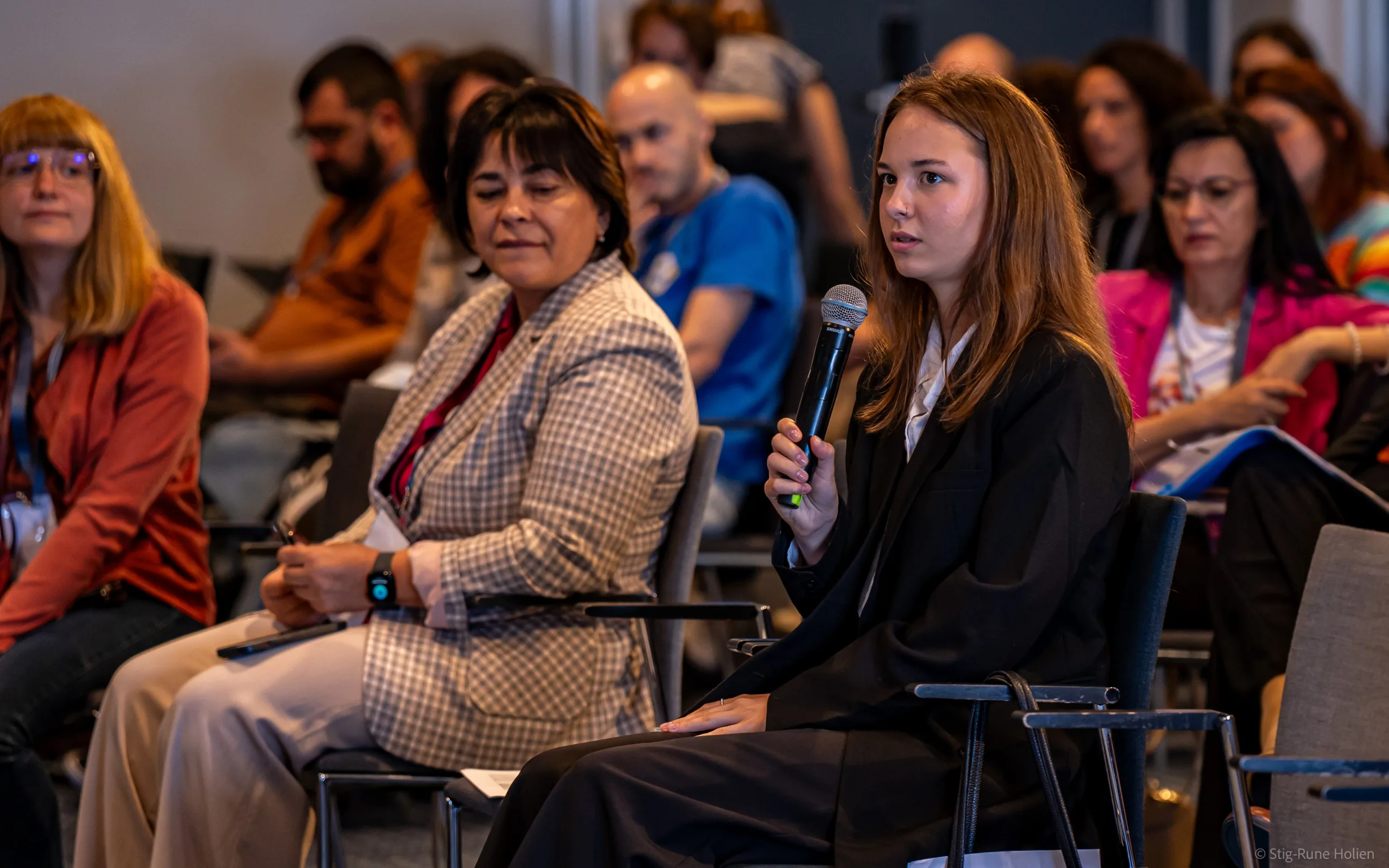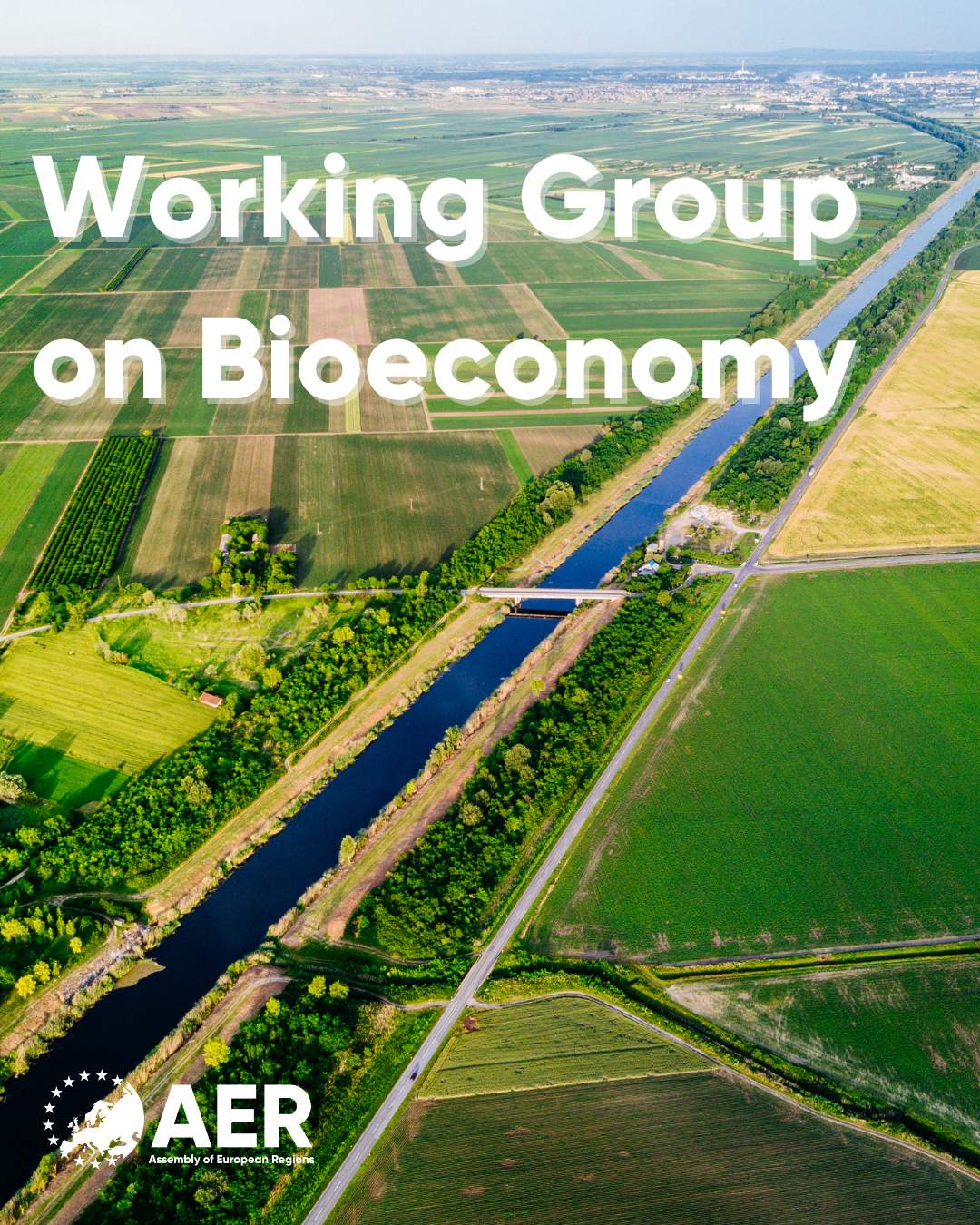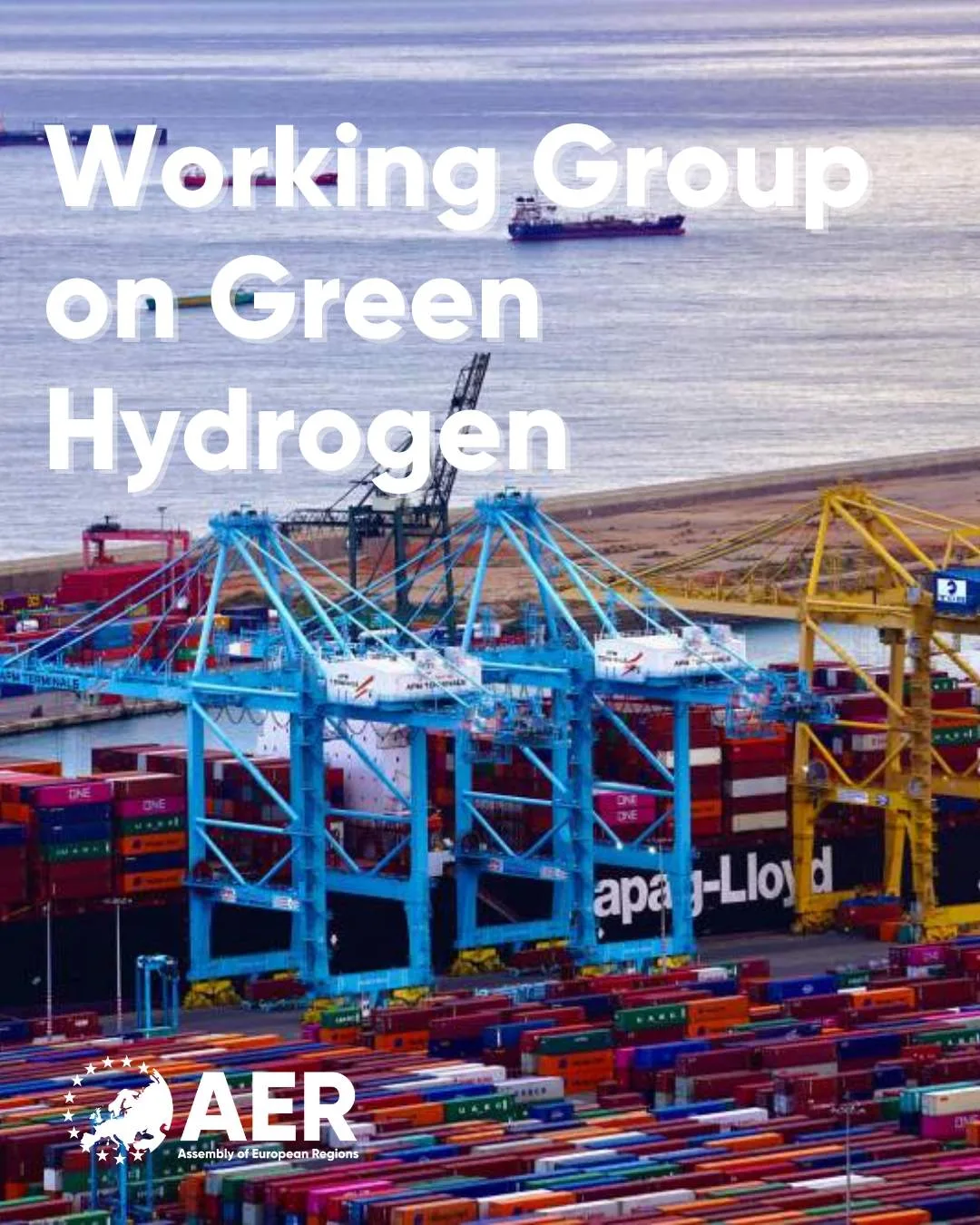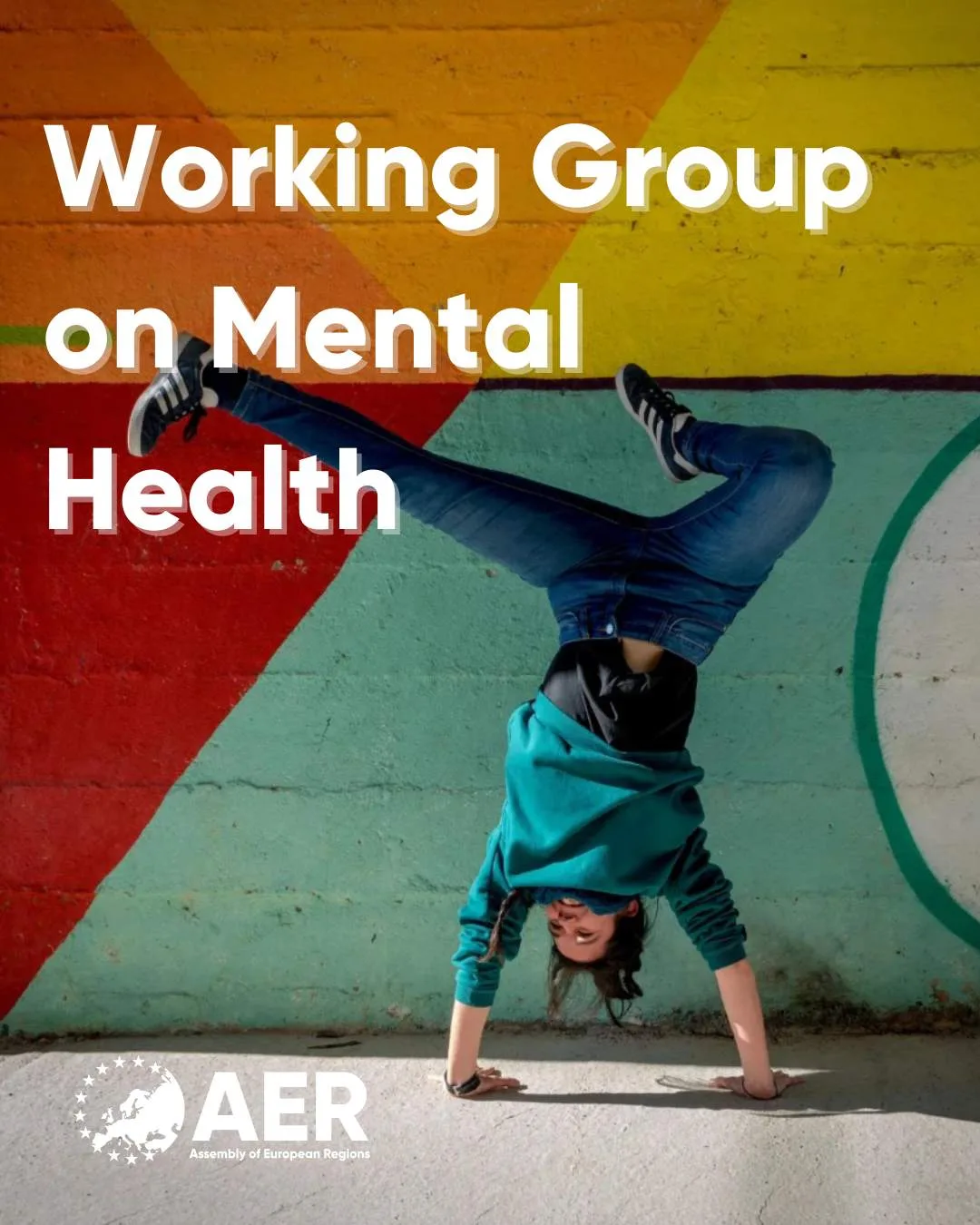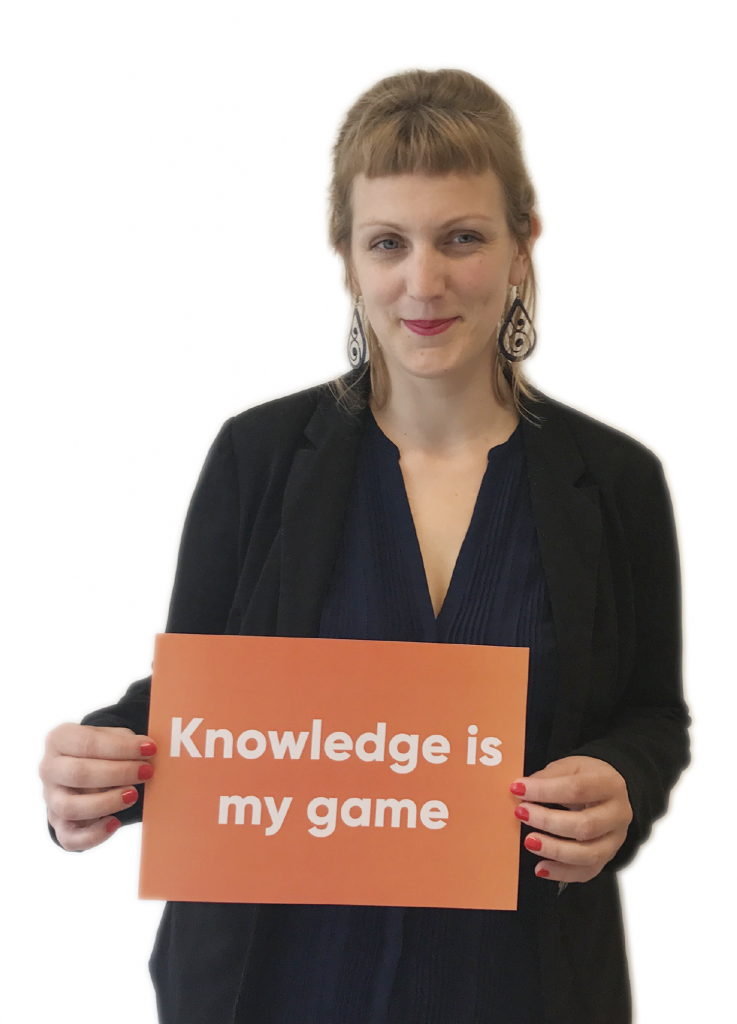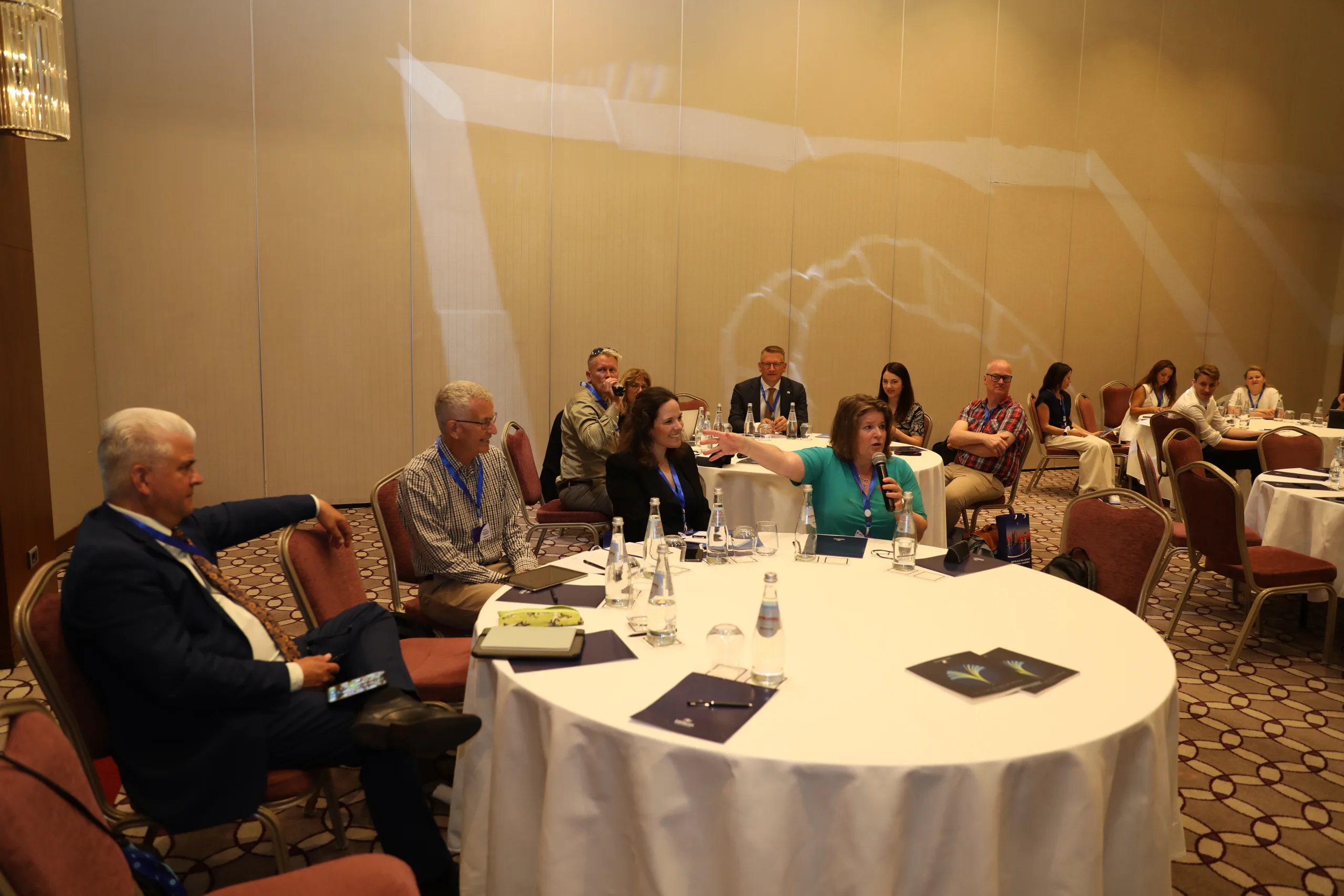
Working groups are one of the bottom-up modalities for sustained peer learning.
AER working groups can be initiated by any region, as long as the objective is in line with the AER values. They have the following aims:
- Facilitate mutual learning for regional policy innovation
- Provide a space for genuine exchange between policymakers
- Create shared knowledge on specific policies & practices
- Enable the transfer of knowledge between regions
- Promote exchanges between EU and regional experts on innovation, regulatory changes, and societal challenges
- Support interregional cooperation
- Are a gateway to develop joint initiatives, such as the development of an EU-funded project or the setting up of an advocacy action
Working groups as of July 2025
Way of working
As per the AER Statute
- The Working Groups are the thematic bodies in AER for exchange and dissemination of best
practice - The Working Groups are responsible for:
- Promoting networking and knowledge exchange between AER members on specific issues related to regional development
- Identifying and disseminating good practices
- The Working Groups may prepare, decide and implement initiatives in the framework of their
assignments. Whenever relevant and within their budgetary limits, they may
- Organise events
- Prepare publications
- Initiate studies and reports
- Represent the AER Network at external meetings and events
Setting up a working group: responsabilities
• The Executive Board establishes or dissolves the Working Groups
• Proposals for setting up a Working Group can be submitted by any member
• The Working Groups are open to all members of AER
• Each Working Group is chaired by a Chair, appointed by the Working Group
• The Chair is responsible for the leadership of the Working Group and liaising with the Vice-
President in charge of the Working Group policy area
Process to set up a working group
The following process for setting up a working group is pandemic-resilient and agile. It aims to encourage interregional collaboration and the development of initiatives on topics of shared interest, thus promoting networking and knowledge exchange.
- Any AER member can submit a proposal for setting up a Working Group
An AER member wishing to set up a Working Group should find at least three supporting regions, which will contribute to shaping the activities, participate and contribute. Either the leading region is already in contact with other regions which expressed interest, or the AER Secretariat can help to contact regions that may be interested.
- The proposal is submitted to the Executive Board
The region, which would like to set up a working group should develop a draft proposal for the focus of the Working Group and list a few potential activities to be presented to the EB together with supporting regions. The Draft Proposal for setting up the new Working Group, should:
- Mention the topic of the Working Group
- Clarify the focus of the exchange and dissemination of best practices
- Indicate the lead region and the supporting regions
- Propose a few activities which they would like to implement within the first two-years mandate
- Define an objective for the work of the Working Group (what will the activities help to achieve?)
- The Executive Board establishes the creation of the new Working Group
The EB assesses the proposal submitted in the Draft Proposal for setting up the new Working Group at the EB meeting, based on adequacy with AER values.
- The Working Groups are open to all members of the AER
Once the proposal for setting up a new Working Group has been approved by the EB, regions are informed via the AER website about:
- the creation of the working group
- the proposed focus
- the objectives
- lead and supporting regions
- envisioned activities
- how to join the working group
- date of the first working group meeting
A first meeting is organised either in person or online, for members of the Working Group to
- get to know each other
- learn about their respective activities on the topic
- hear about interests
- agree on joint activities, as well as on the implementation details and responsibilities
- appoint a Chair
- Responsibilities
The Chair is responsible for the leadership of the Working Group and liaising with the Vice- President in charge of the Working Group policy area. The Chair will take the responsibility for the planning of the Working Group’s activities
Each Working Group Chair’s region is charged to appoint a Seconded officer to act as working
group secretariat in liaison with the AER secretariat. The Seconded officer is responsible
for:
- Co-organising events and projects in collaboration with the AER Secretariat
- Managing the content of the meetings
- Drafting speeches and policy contributions
Statute and Procedures
Articles 2, 6, 8, of the AER Statute and article 11 of the AER Procedures provide information on the role, remit and rules governing the AER Working Groups.
Contact
AER Coordinator for Policy & Knowledge Transfer
Johanna Pacevicius
Mobile: +33 6 24 29 19 37 E-mail: j.pacevicius(at)aer.eu Languages: fr, nl, en, pt Articles by Johanna- Thematic Coordination
- Committees
- Mutual Learning
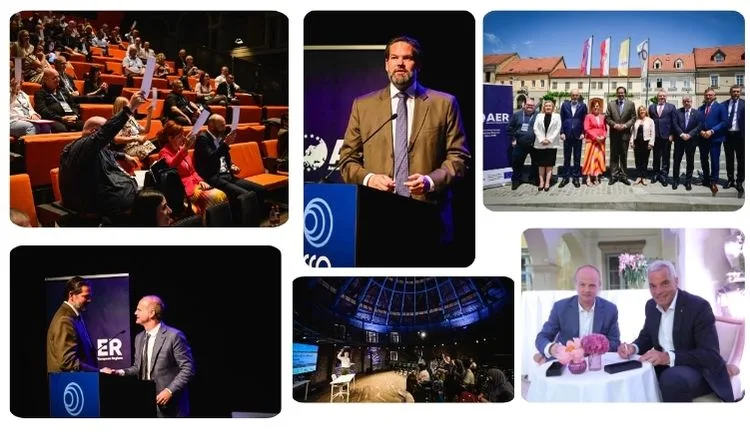

Highlights of the AER 40th Anniversary & General Assembly 2025 | Maribor Innovation Forum
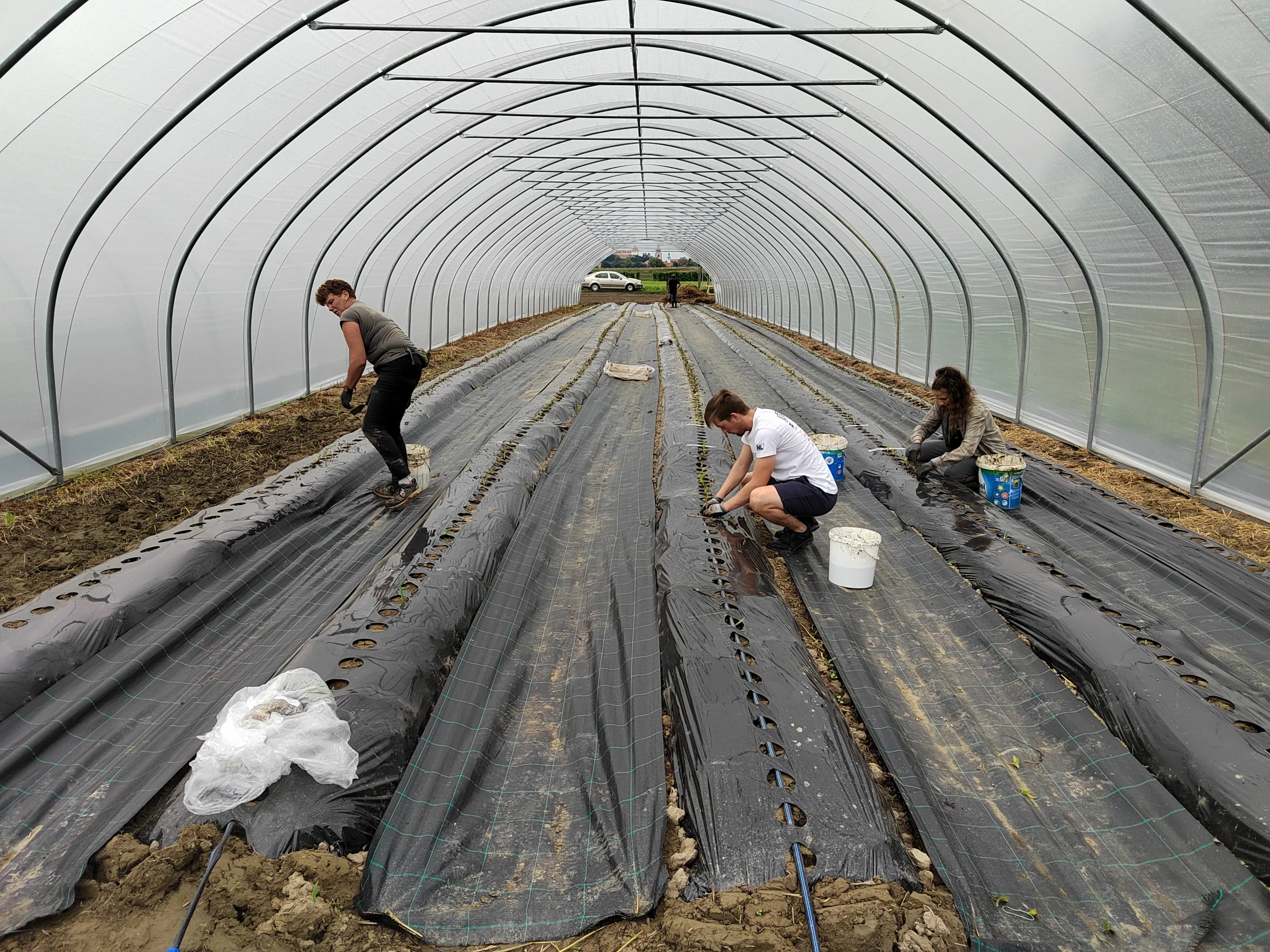

A Green Pioneer: How Eastern Slovenia Leads in Bioeconomy Innovations
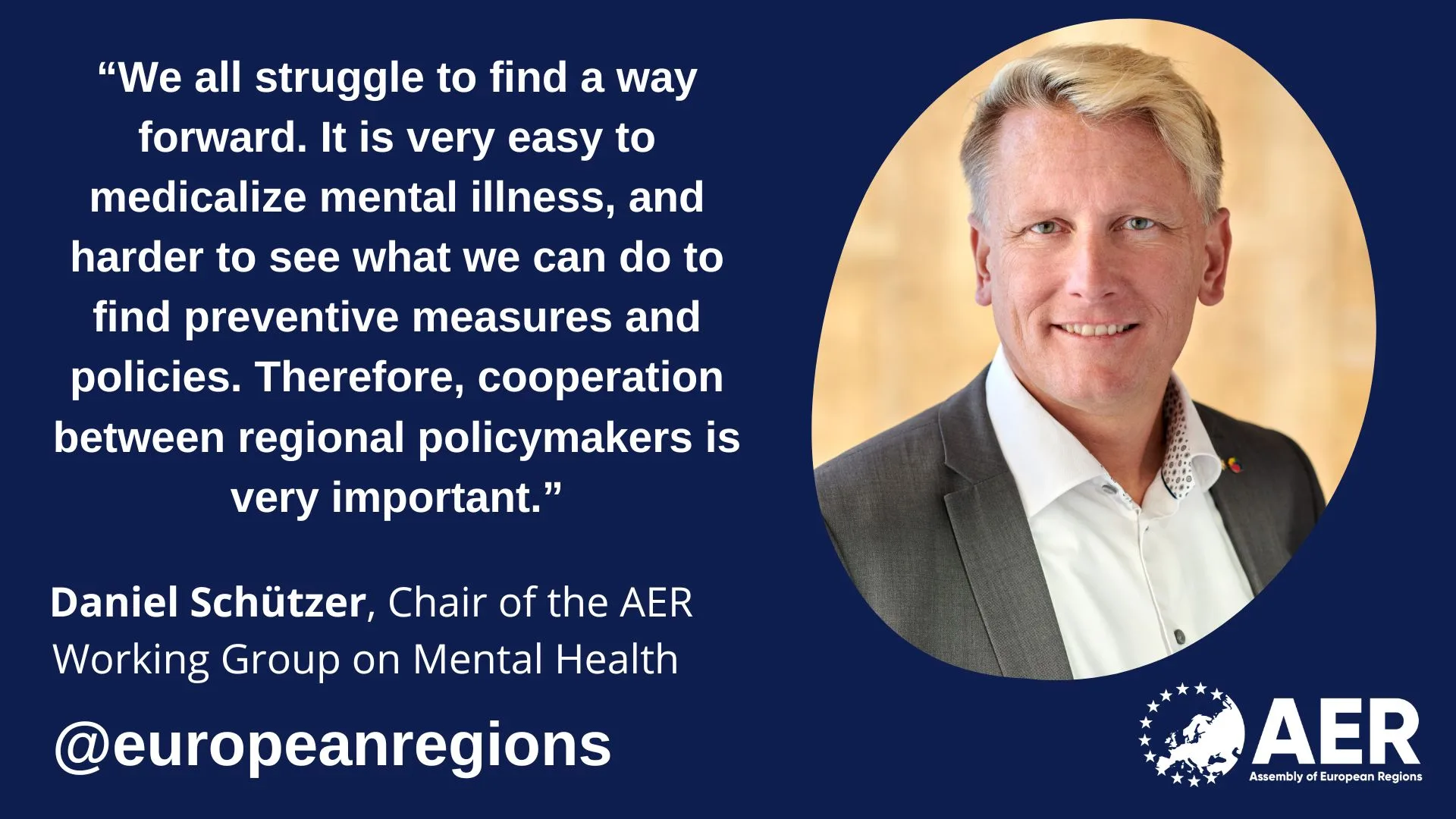

Interview with Daniel Schützer, Chair of the AER Working Group on Mental Health
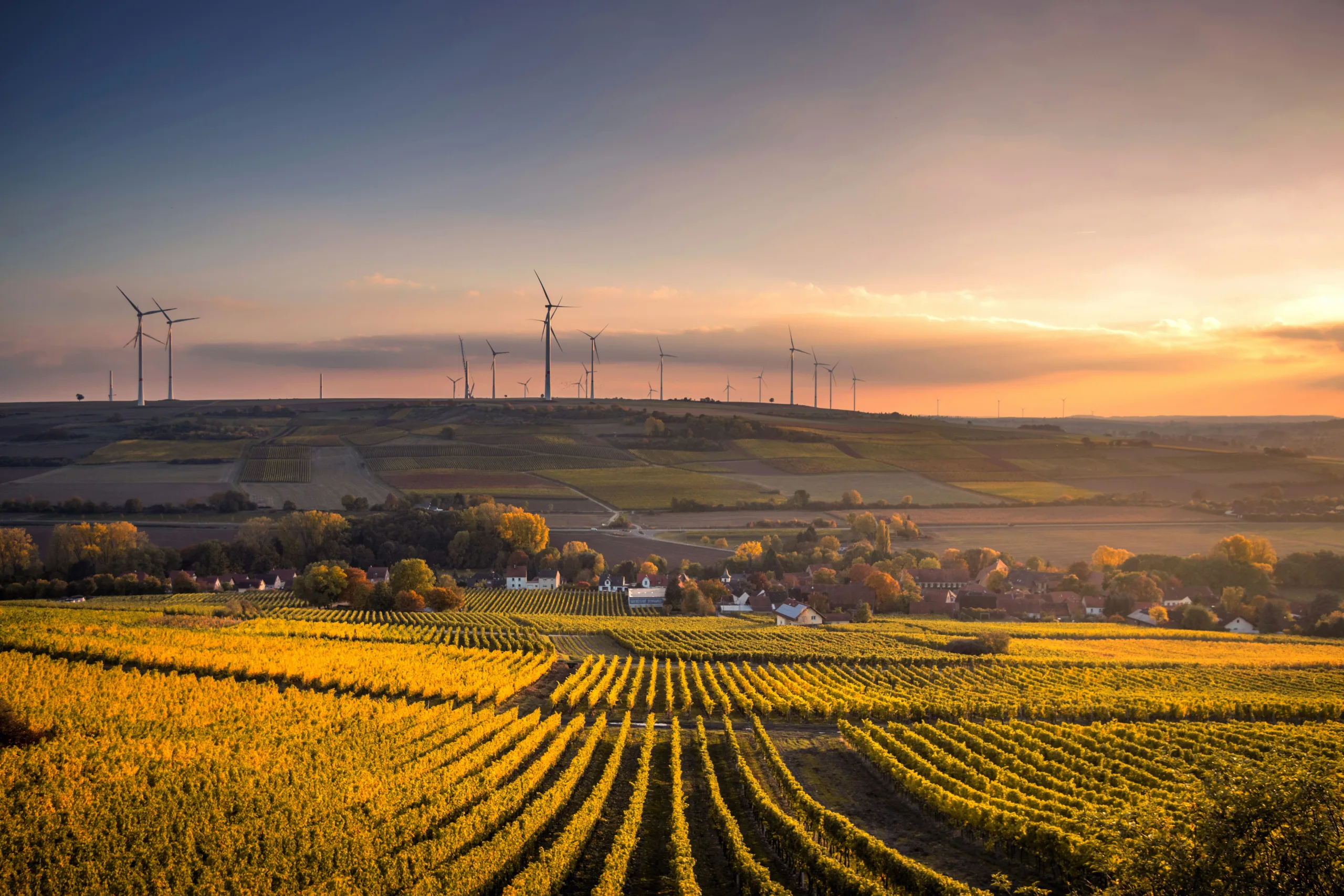

Hydrogen: Fostering Regional Collaboration and Learning
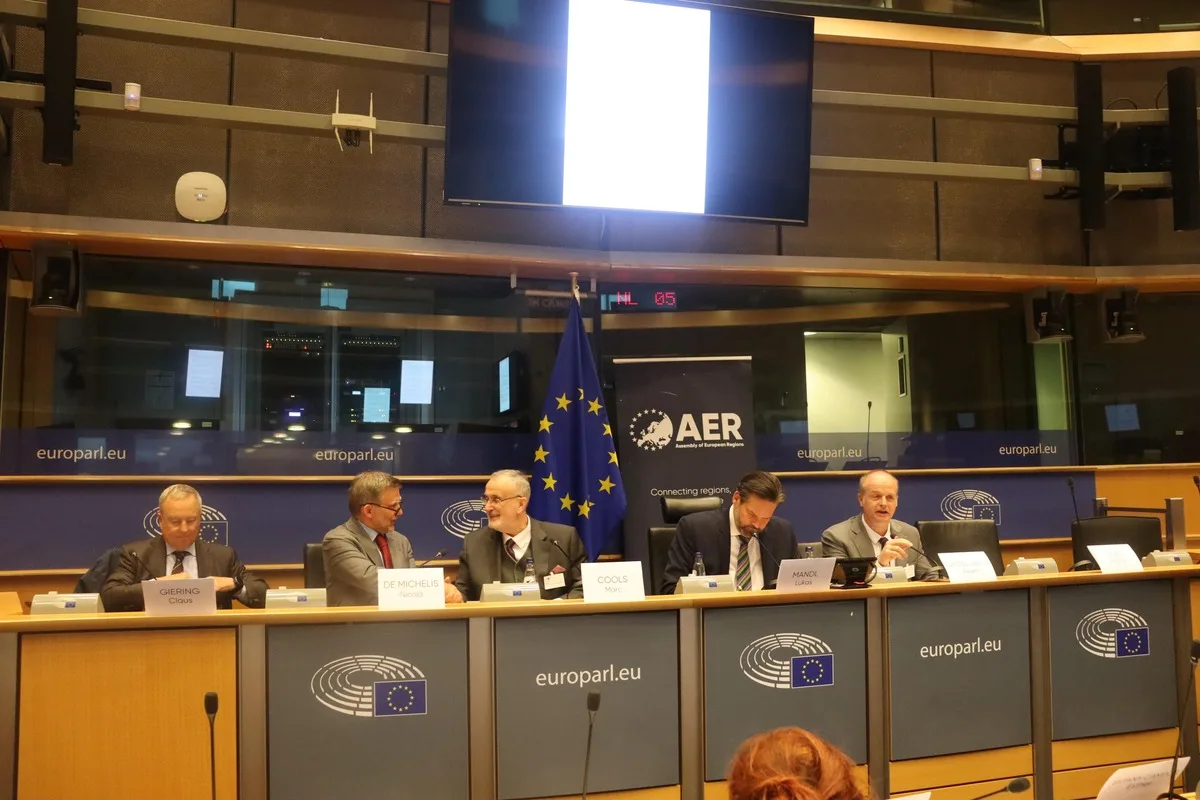

Highlights of the AER Autumn Bureau & Working Group meetings | Insights of the CL-YE study visit in Brussels


The Role of Regions in Europe’s Green Hydrogen Transition
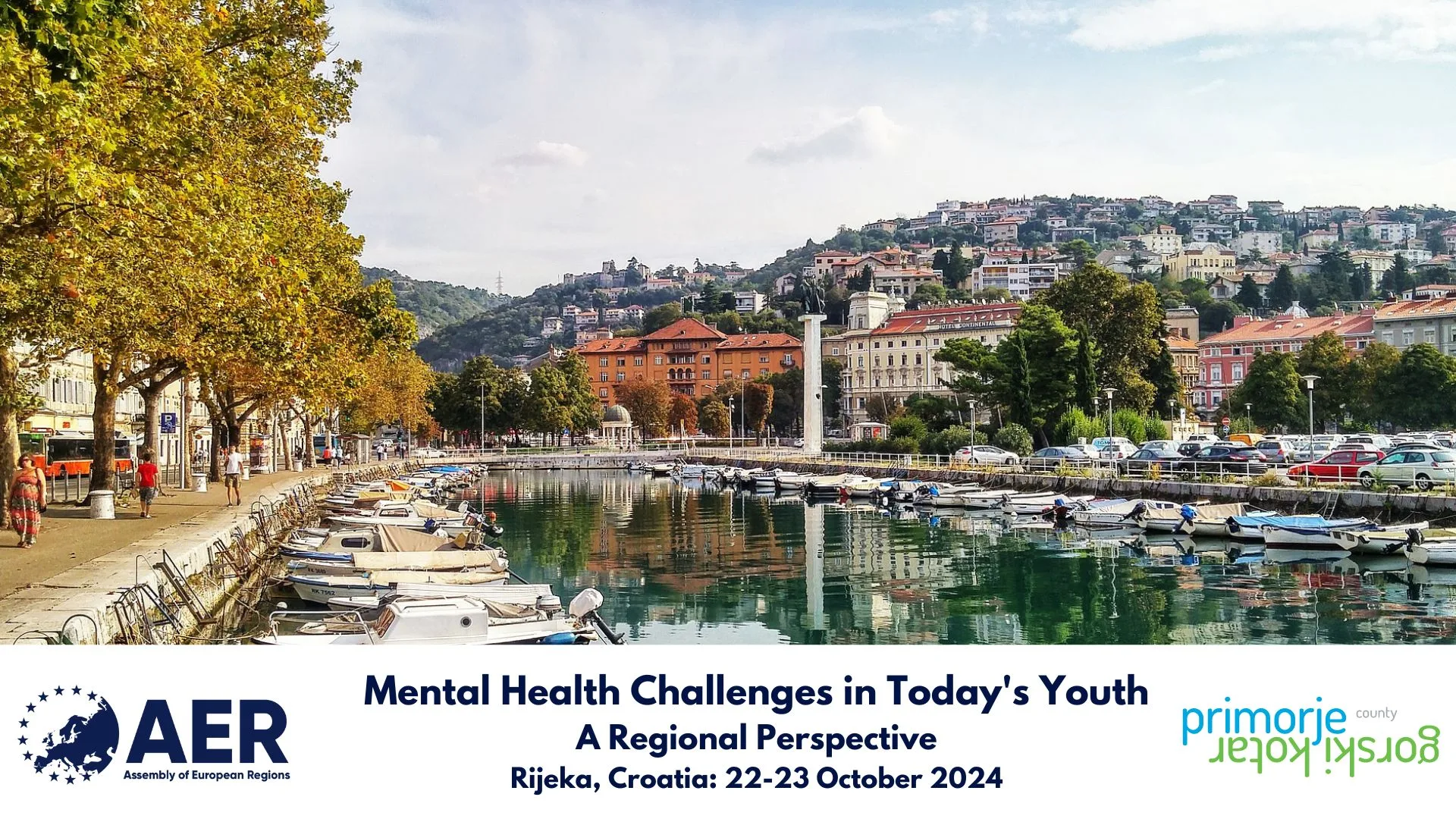

AER Vice President to speak at Rijeka conference on youth mental health
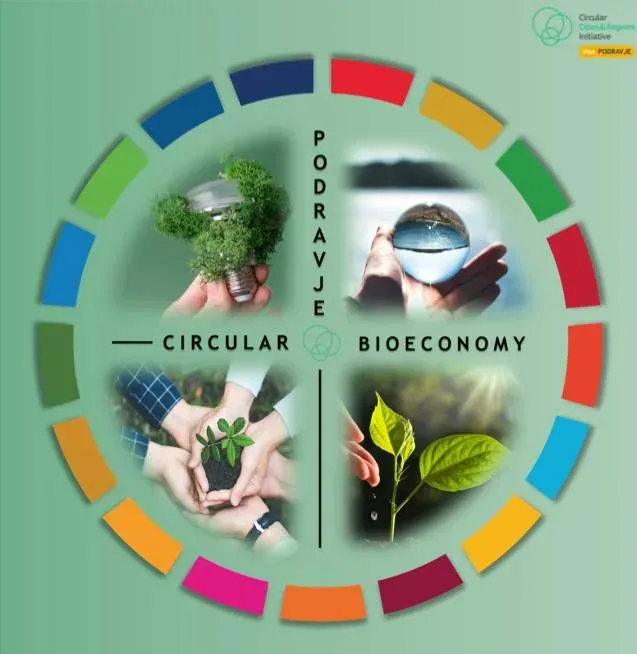

Systemic solutions for a circular bioeconomy
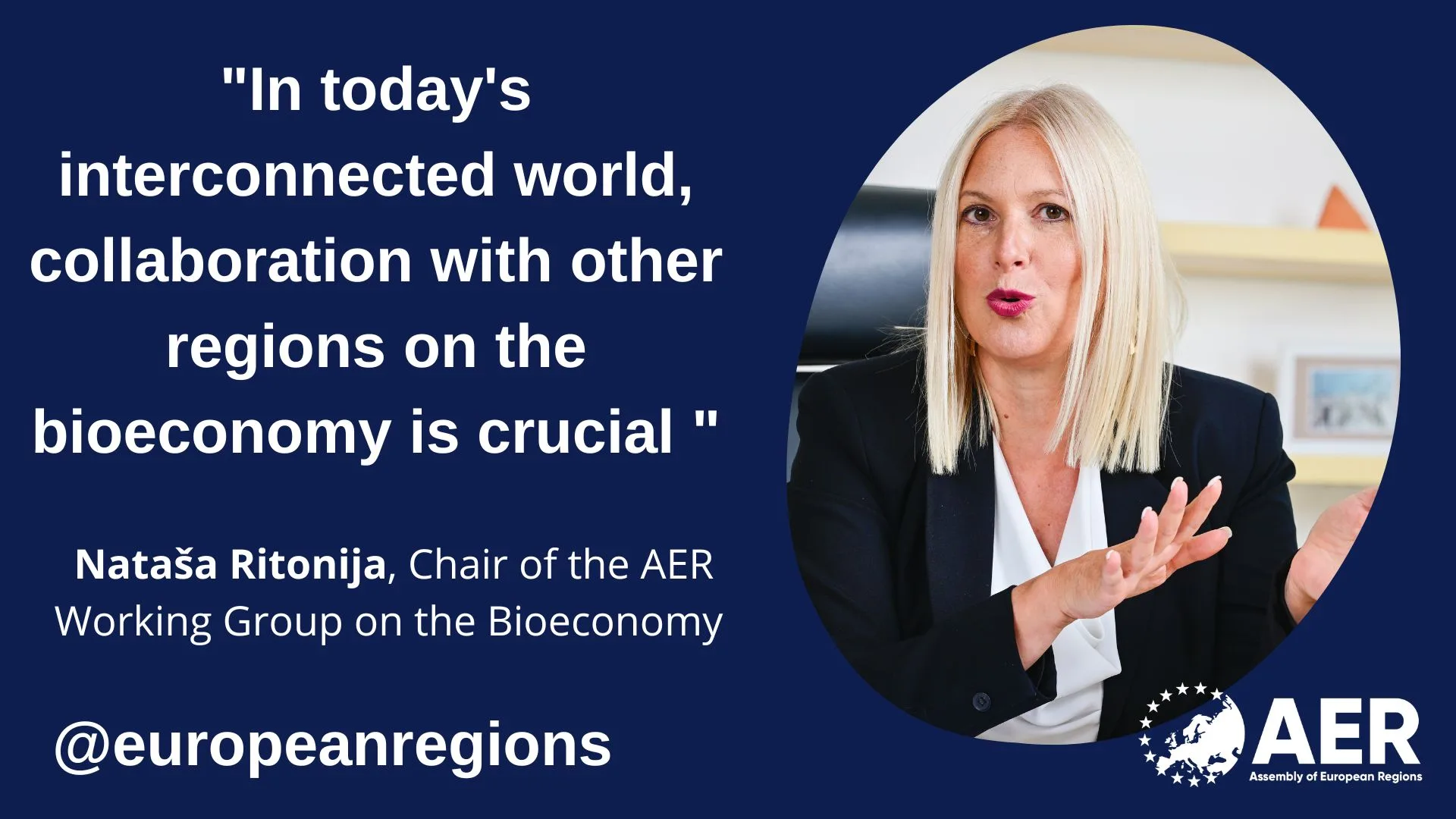

Interview with Nataša Ritonija, Chair of the AER Working Group on the Bioeconomy
